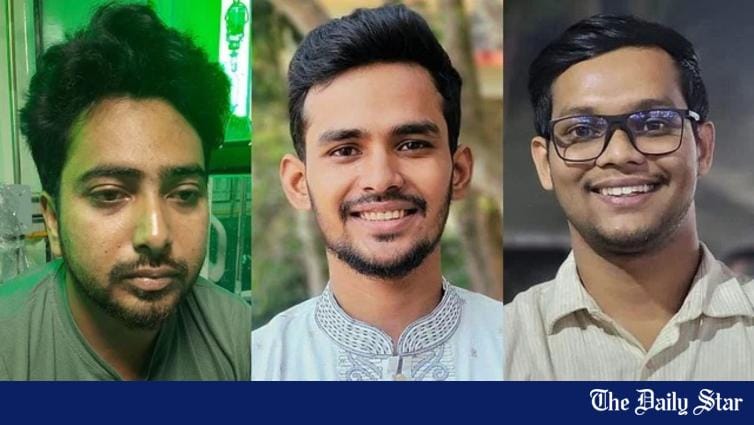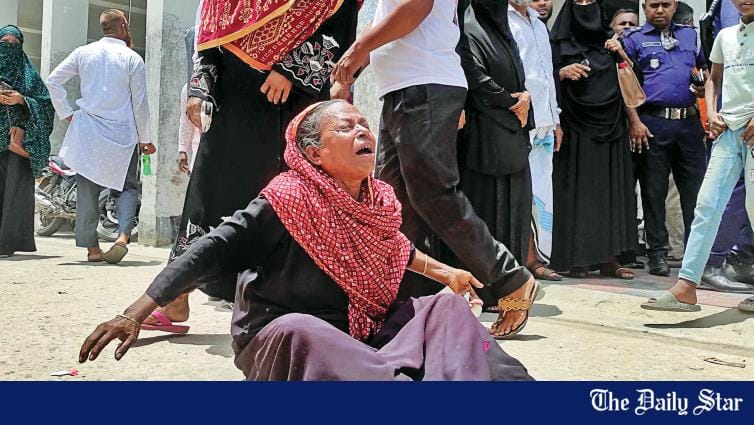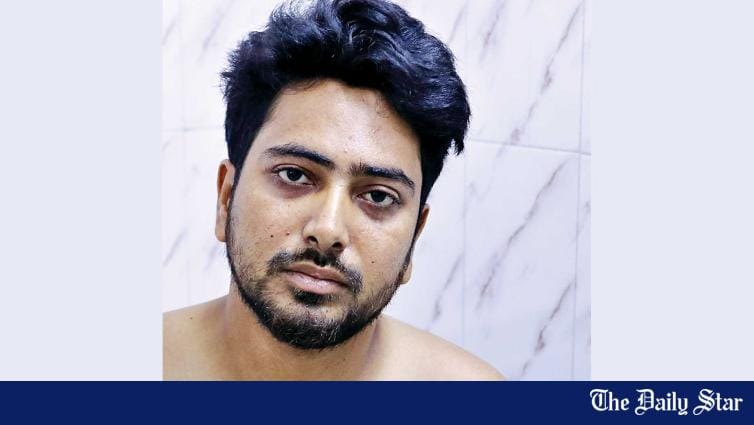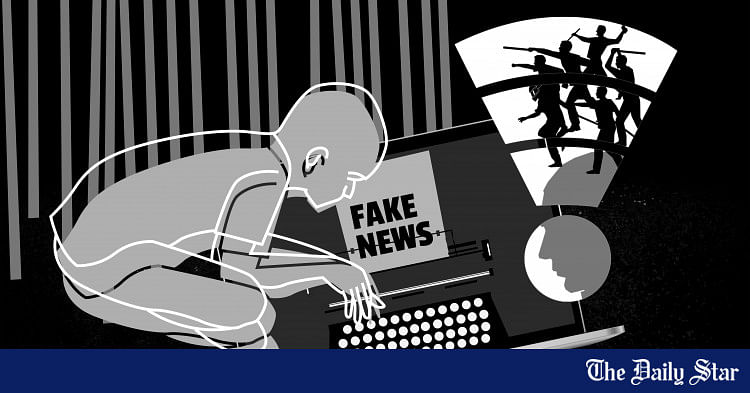- 2,967
- 1,472
- Copy to clipboard
- Thread starter
- Moderator
- #161

3 quota protest organisers ‘picked up’ from hospital
Say their families, hospital stafferswww.thedailystar.net
3 quota protest organisers 'picked up' from hospital
Say their families, hospital staffers
View attachment 7124
Nahid Islam, Asif Mahmud and Abu Baker Majumder. Photo: Courtesy/Prothom Alo
Nahid Islam, Asif Mahmud and Abu Baker Majumder, three key organisers of the Anti-discrimination Student Movement, were picked up today from a city hospital where Nahid and Asif were undergoing treatment, their family members and hospital staffers said.
A group of people in plainclothes went to the Gonoshasthaya Nagar Hospital in the capital's Dhanmondi at 3:30pm and forcibly took the three out to an undisclosed place. The discharge process was not completed, they said.
A medical officer, requesting anonymity, told The Daily Star, "Asif's health was not stable for discharge.
"The hospital staff and doctors requested them to reconsider picking them up, but they did not pay heed."
The families and hospital staffers pointed finger at the intelligence agencies. This newspaper, however, could not verify the allegation independently.
The plainclothes men picked up Nahid from his cabin on the sixth floor of the hospital. They then went to Asif's cabin on the second floor. They also picked up Baker while he was bringing food for Asif, said the families and hospital staffers.
They took away the mobile phones of Nahid, his sister Fatima Tasnim, Asif and Baker.
"They [plainclothes men] forcibly dragged the three out of the hospital rooms. Enquired about their identity, they refused to disclose who they are. They didn't even tell me where they were taking them. Asif and Nahid were visibly shaking," Fatima told The Daily Star.
She said her brother is not involved in any anti-government activities. "They are not affiliated with any political parties. We urge all to ensure our safety."
The plainclothes men left the hospital within about eight minutes, she said.
This is the second time the trio -- all students of Dhaka University -- have been picked up in just a week.
Nahid was picked up in the early hours of July 20 allegedly by law enforcers from a house in the capital's Sabujbagh. He alleged that he was tortured physically until he was unconscious. When he gained consciousness, he found himself under a bridge in Purbachal. He went to his home by a CNG-run auto rickshaw.
Both Asif and Bakar were picked up on July 19. The two wrote on Facebook that they were blindfolded and left in Hatirjheel and Dhanmondi areas of on July 24. Neither of them mentioned who took them.
Speaking to The Daily Star around 5:30pm, Fatima said that she came to know that she and Nahid's wife could be picked up.
Ever since Nahid and Asif were admitted to the hospital, law enforcers stayed there and even disconnected the Wi-Fi to prevent them from accessing internet, she alleged.
This newspaper tried to reach Faruk Hossain, deputy commissioner (media) of Dhaka Metropolitan Police, for comments around 7:30pm, but he did not pick up the phone.
One day there will be exemplary punishment for the so-called "iron lady" and her goons.
You cannot unleash acts of terror on a population exercising its free rights to protest govt. policy and get away scot-free.
This has been flushed across all major media outlets in Bangladesh.










